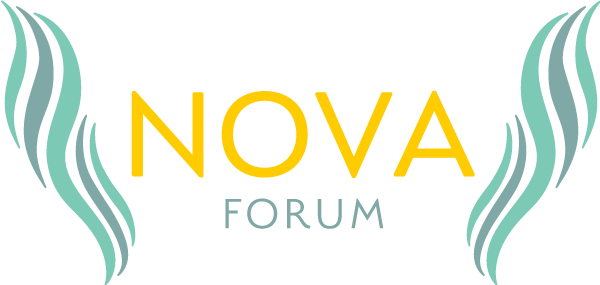Thomas Aquinas didn’t simply write a Summa “against” the gentiles (contra Gentiles); first and foremost, he wrote a Summa “for” the gentiles (pro Gentilibus). Natural reason – the sole resource for Muslims and pagans in the absence of a common Scripture (in contrast to Jews and heretics) – isn’t simply a vertical site for access to God; it also designates a horizontal topos, a commonplace, for us to gather as a human community. Yesterday’s “reason” (Aquinas) plays the same role as today’s “finitude” (Heidegger): to know what creates our “in common.” This is the unique perspective of an apologetics that no longer hangs on to some sort of “overhanging transcendence” (Merleau-Ponty), as if the absolute were immediately given. In its wake, we shall stop opposing “metaphysics” and “theology” within a supposedly pure yet wrongfully sought-out discourse. The lesson of the Council of Nicea (325) is to transform tradition, not surpass it. The Nicene “that is” of the same substance of the Father (homoousios) translates the biblical into the Hellenic, rather than take leave of the Hellenic as such. The famous “that which everyone calls God” (et omnes dicunt Deum) at the end of each of Aquinas’ Five Ways points less to the idol of a conceptual God to overcome, and more to the icon of a rational God, who in his kenosis inhabits our own nature in order to transform it. From a theo-logy where “only God speaks well of God” (subjective genitive), we pass over into a theo‑logy where “the human can also speak of God, at least in part” (objective genitive). A new relationship between metaphysics and theology is established here, one capable of initiating a different relation of the believer to the world.
Emmanuel Falque is dean of the philosophy faculty at the Catholic University of Paris. A leading figure in French phenomenology, Falque is the author of 10 books on theology, medieval Christianity, and philosophy of religion, most notably the trilogy Triduum philosophique. Falque is also the founder of the rapidly growing International Network of Philosophy of Religion.
This Event is made possible by the support of ‘In Lumine: Supporting the Catholic Intellectual Tradition on Campuses Nationwide’ (Grant #62372) from the John Templeton Foundation. The opinions expressed in any publications, videos, lectures, etc. associated with this project are those of the author(s) or speaker(s) and do not necessarily reflect the views of the John Templeton Foundation.

